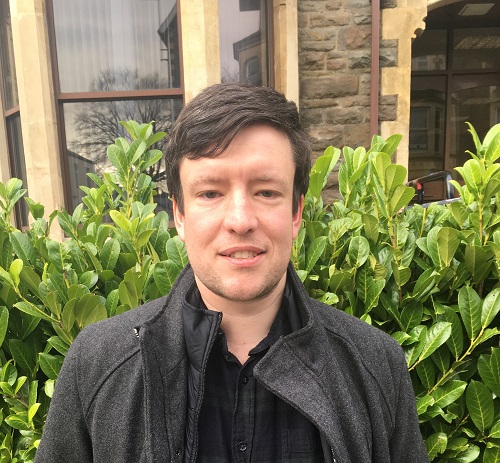Caring Lives: What do young people who care for family members need to thrive?

Caring Lives aimed to study why the impacts of caring vary for different children depending on their home circumstances and caring responsibilities. It revisited some longstanding challenges concerning the issue of identification that has resulted in research focusing on those who access specialist support, and the lack of large-scale quantitative research comparing young carers to non-young carers.
This informed the use of two methods:
- Secondary analysis of cohort data, comparing the mental health of young carers to non-young carers over time
- Recruitment of young carers not known to services (through schools), and young carers who were access support (through projects), for involvement in qualitative interviews. These interviews explored how their mental health changed in the context of their changing circumstances.
Investigation of the wider young carer spectrum enabled original findings. In particular, the research evidenced that many young carers with manageable responsibilities feel in control of their caring role. This contrasted significantly with the reduced control felt by many with inappropriate roles or excessive responsibilities, and highlighted the need to study the whole spectrum to better understand when caring becomes problematic. The findings have implication for policy and practice as it suggests a need to tier support to different parts of the spectrum, while raising awareness of the whole spectrum is perhaps the first step to improving identification, and ultimately helping those most in need of support.
My Fellowship includes the publication of three-four articles on original aspects of my research, and presentations at academic conference. However, I am particularly keen to meet with and build links with non-academic audiences including policy offers and practitioners. This is in addition to accessing training on hard-to-reach groups and advanced quantitative methods, and developing a funding bid for new young carers research.

